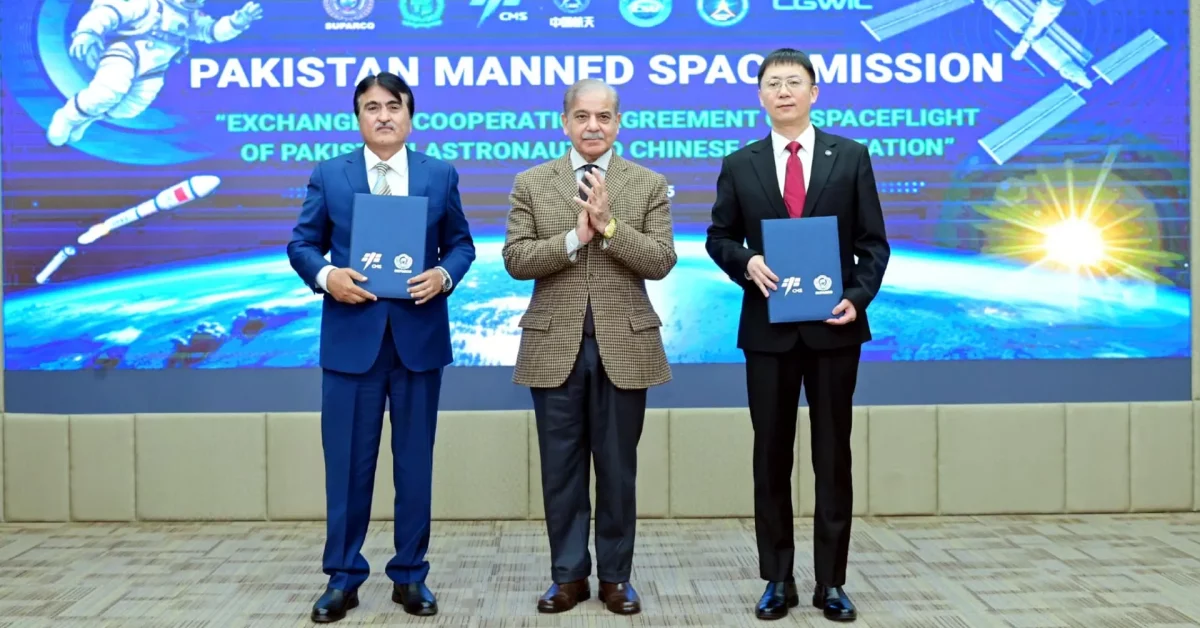
Financial technology priorities for Pakistan
July 16, 2019
Transforming digital learners into digital leaders
July 22, 2019Misguided Fear of the Digital World | Conversations@Jazz
Conversations@Jazz shares with you its 25th interview for the season. And since it’s the 25th anniversary, we take stock of what worked best! We share this episode with Chief Customer Experience Officer at Jazz, Sadia Khuram and Co-Founder and VP, Bramerz, Badar Khushnood. In this special episode, we discuss the world of digital– then and now.
Then and Now
Badar speaks about how far digitalization has come, yet when it began, it was at best, an alien concept. He discusses the beginning of the broadband internet in Pakistan; how it is a digital realm and what the future holds for digitalization in the country. He mentions how there were only a few people who anticipated the significant social impact of expanding the digital space. The lack of readiness backtracked us as a nation and we are still catching up!
Sadia picks up where Badar left off. She talks about how Jazz’s Customer Experience model applies some of MIT’s most cutting edge processes. She feels that digital convergence shifted the focus of organizations on consumer demands. Digitalization brought a huge transformation. However, its impact only lasts when companies prioritize the experience that retains customer loyalty since digitalization allows for plentiful choices.
Digital Privacy
Sadia also shed light on issues of digital privacy and how the idea is obsolete. Although customers have full authority of the information they share, the fact remains that not sharing information limits your life. Badar also shares his views on the issue of privacy and lack of trust in digitalization. He says, “Resistance towards digital is sometimes cultivated to avoid transparency, especially in the public sector. We see huge piles of paper and there is no one willing to go paper-less because there is a fear that people will start losing their jobs.” This fear, Badar explains is costing us economic growth with social consequences.
To the concept of resisting change and digitalization, Sadia adds: “The leadership has a main role in deciding the change they want to achieve for their organization. Difficult decisions will shape a better future of an organization.”
They both agree that it’s not just the rhetoric and narrative that needs changing but also the pragmatic resource allocation into digital transformation.
Like our conversations? Let us know what you think in the comments below and hit the Like, Subscribe & Share button.






